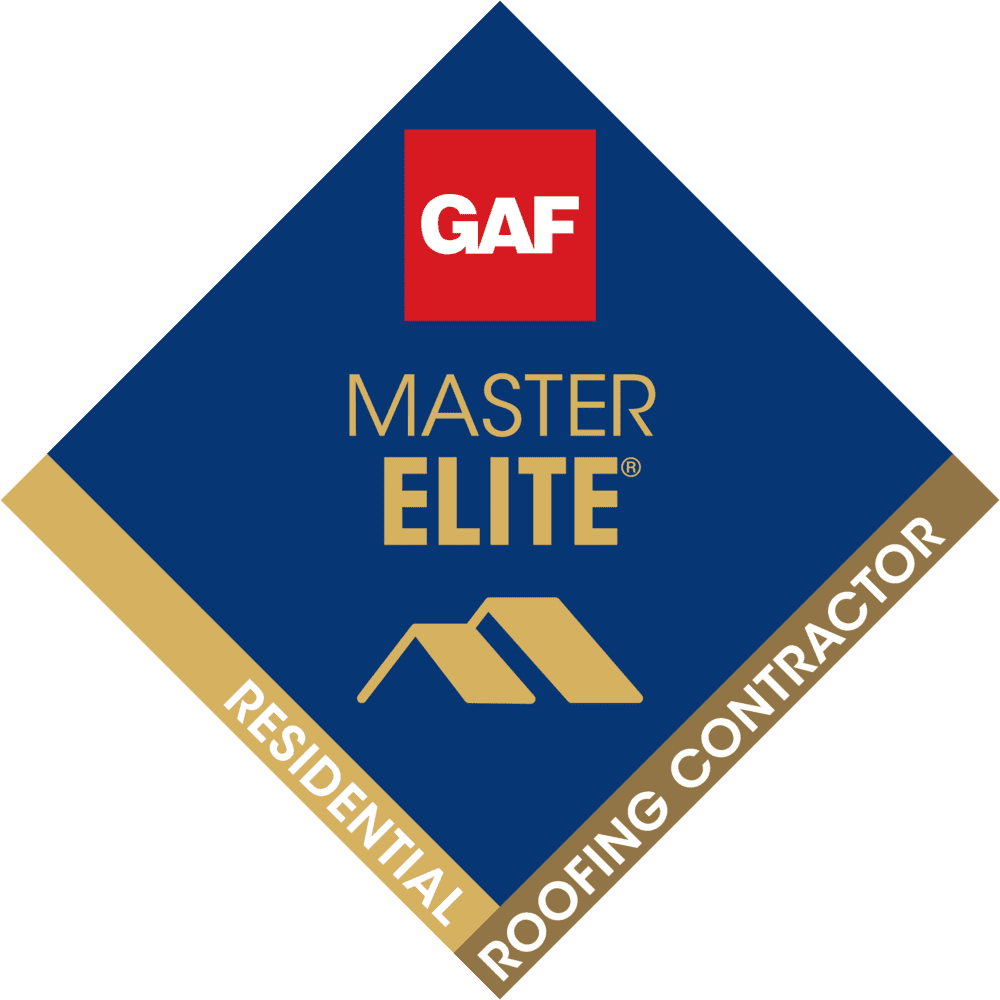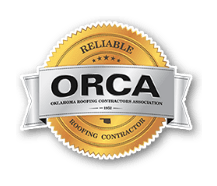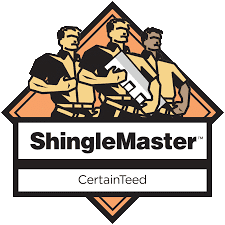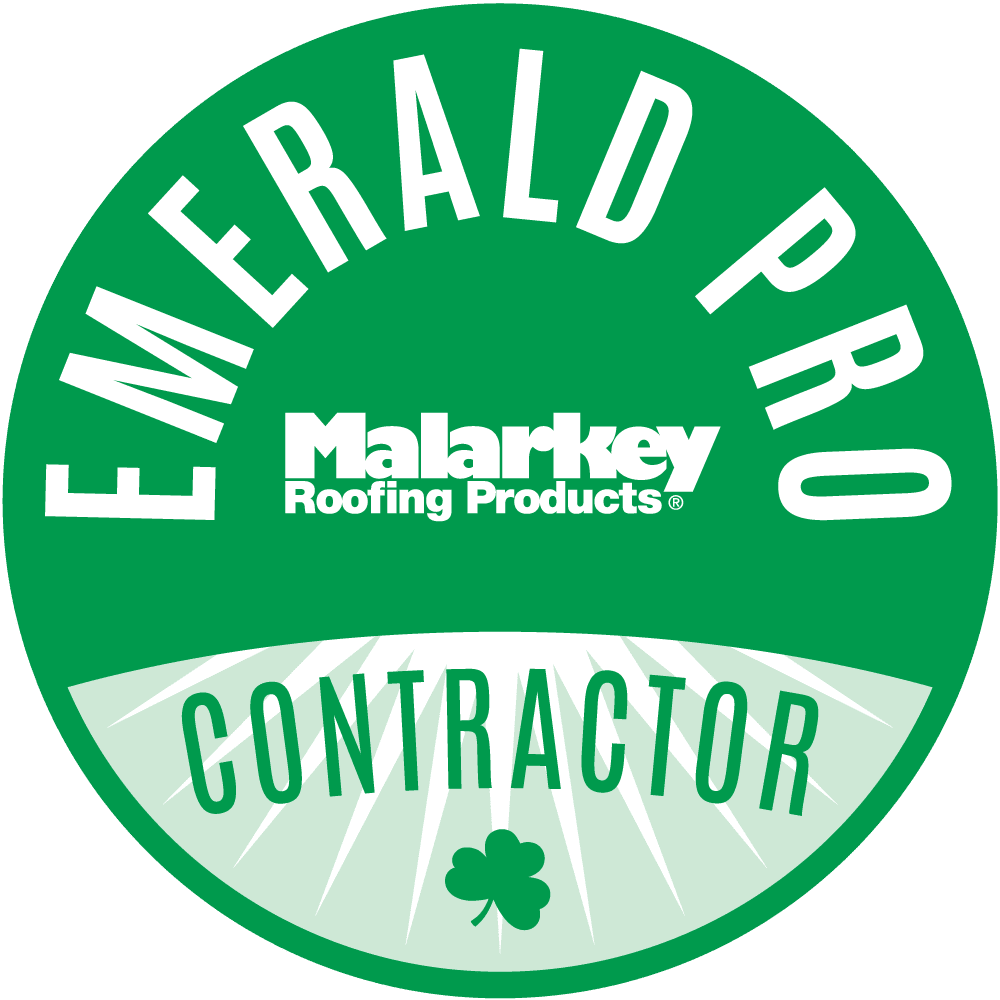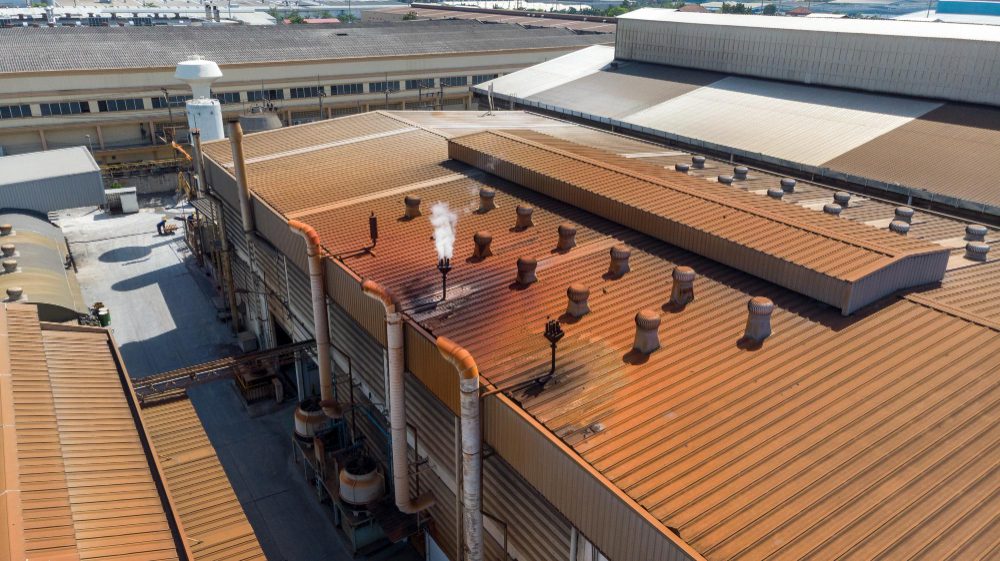
Navigating the maze of commercial roofing choices is akin to a high-stakes chess game. The robust nature of your roof is mandatory not just for aesthetic appeal but also to avoid structural damage. Make the wrong choice and you risk shelling out thousands of dollars in the long run. So, what’s the best way to make an informed decision? Read on to discover key insights into this roofing system that could save you time and money.
Flat Commercial Roofing: The Unmatched Advantages
- Easier to Install: Flat roofs, often seen in urban areas, are relatively easier to install than their sloped counterparts. Their simple design means quicker installation times and lower labor costs.
- Less Expensive Choice: A flat commercial roofing is often more cost-effective if budget constraints are a concern. Less material is needed, bringing down your overall expense.
- Offering Space for Extra Storage: The flat surface can be a useful dream. Whether it’s for HVAC units or solar panels, the extra space can be remarkably useful.
Sloped Commercial Roofs: The Top Perks
- Better Drainage System: Sloped roofs excel in draining off rainwater, reducing the risk of water pooling and potential leaks.
- Less Debris Buildup: The inclined nature of sloped roofs means less accumulation of leaves, twigs and other debris, making them easier to maintain.
- Lower Maintenance: With less debris accumulation and water-related issues, sloped commercial roofs generally require less maintenance than flat roofs.
Use Quality Materials: Amplify the Longevity of Roof
- Thermoplastic Polyolefin: TPO is the new-age solution for many commercial roofs. This single-ply roofing material is incredibly resistant to ultraviolet light, ozone and chemical exposure. A TPO roof can reflect sunlight, keeping the interior of the building cooler and reducing energy costs. What sets TPO apart is its heat-weldable seams, which offer a stronger bond than adhesive-based systems, thus reducing the chance of leaks.
- Modified Bitumen: MB is a multi-layer roofing material that combines the best of both worlds—traditional built-up and modern roofing technologies. It is known for its excellent tensile strength, which can withstand regular and irregular stress. Modified Bitumen can be installed using various methods, including torching, hot-mopping or adhesive, offering flexibility in application.
- Polyvinyl Chloride: PVC roofing is a wise choice for restaurants, food processing plants and other businesses that deal with fats and oils. This material is uniquely resistant to chemical damage. Its heat-welded seams provide robust wind and water resistance. It’s an ideal solution for both flat or low-sloping roofs where drainage could be an issue.
- Ethylene Propylene Diene Monomer: EPDM is the go-to material for durability and energy efficiency. It is a type of flexible and resistant rubber, making it optimal for areas subject to extreme weather conditions. EPDM roofs are known for longevity and can last up to 30 years with proper maintenance. Their dark surface can help in colder climates by absorbing heat and improving energy efficiency.
- Metal Roofing: Metal is the enduring elder statesman of the robust commercial roofing world in Tulsa, OK. With a lifespan that can exceed 40 years, metal roofs offer the ultimate in ‘set-it-and-forget-it’ convenience. They are exceptionally fire-resistant and can be coated for additional corrosion and UV protection. However, initial costs can be higher and insulation may be needed to manage interior temperature.
- Spray Foam Roofs: Spray foam is an excellent insulator and can be applied over existing roofs, reducing waste and lowering initial costs. The foam expands and hardens upon application, providing an excellent seal against wind and water.
Get in Touch with Us for Tailored Roofing Solutions
Choosing the right roofing system for commercial property is a big decision. Don’t gamble with the structural integrity of your building. Contact All American Roofing for a consultation and find the perfect fit for your commercial roofing in Tulsa, OK.

